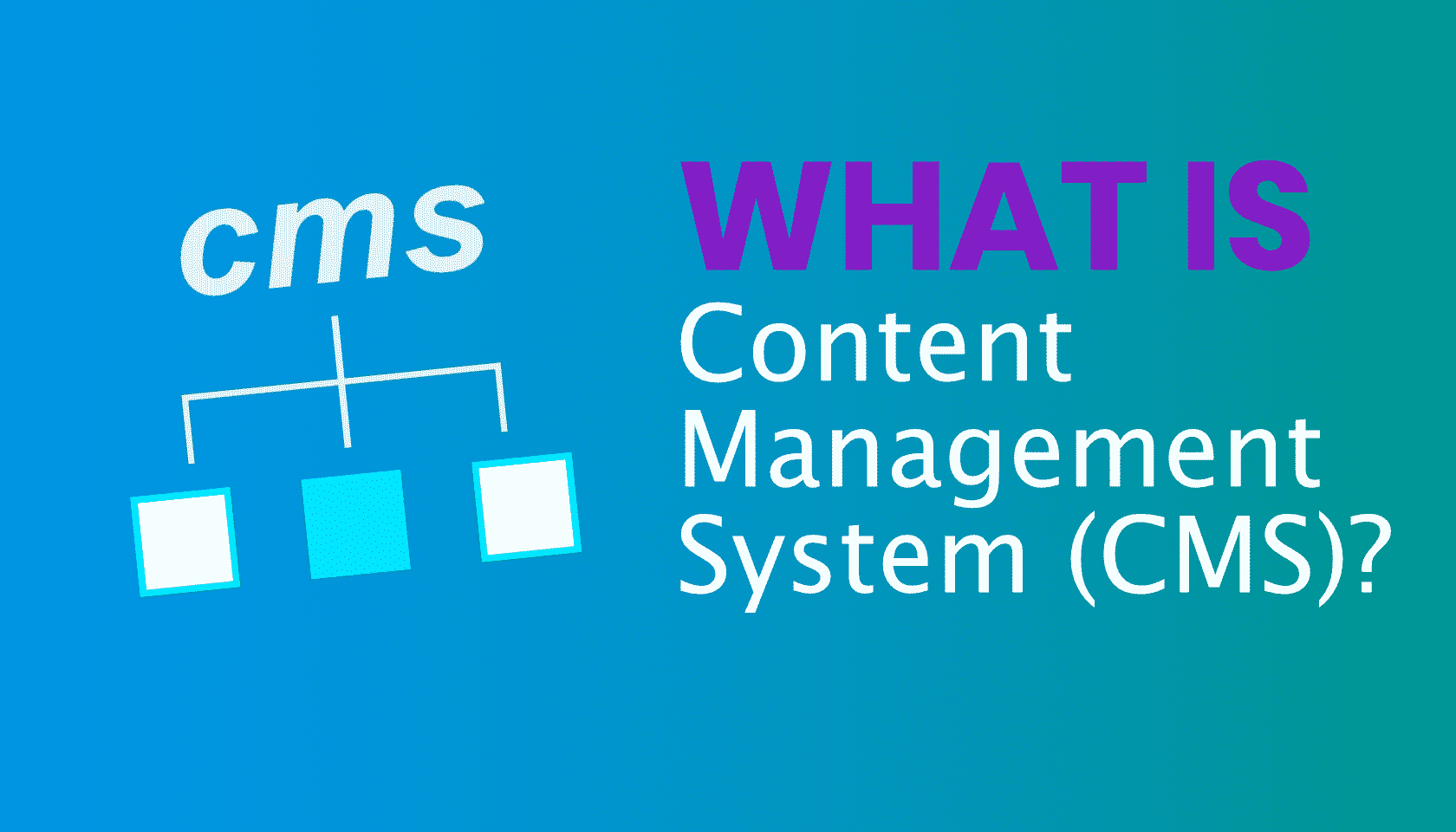
Peter Jobes
Definition of Content Management System
A content management system is a tool (or platform), such as WordPress or Joomla, that allows for an easy-to-access means to manage your blog’s look, content, and experience.
For blogs that have multiple contributors, using an effective content management system is essential practice. Often abbreviated to CMS, content management systems enable plural users to access and create content for a given blog at all times, and are able to regulate each blogger’s permissions when it comes to editing posts and pages.
CMSs maximise usability for blog owners too, offering indexing of posts, format management, revision tools, and publishing support among other things.
This means that CMSs carry a lot of the slack when it comes to building your blog, with platforms such as WordPress offering ready-made templates with a range of plugins that keep user-experience and convenience in mind. There are plenty of CMS platforms to base your website on, with some key hosts listed below:
- WordPress – WordPress has become highly popular in the blogosphere with their .com or .org web hosting options. The platform is open source, and so there are plenty of different, user-designed, layouts in the CMS that varies in usability depending on the type of blog you wish to create.
- Joomla – A popular CMS for those aiming to interact with an international audience thanks to its language capabilities, Joomla is similarly open source and boasts features like caching, and RSS feeds as well as blogging formats
- DNN – This is a good marketing tool for users to access all of their digital assets wherever they may be, and to publish content to a range of online channels. You’re also able to personalise your content based on the avenue in which you post it.
- Backdrop CMS – Created as a way of bringing free and open source CMS to smaller businesses, Backdrop offers a good, but basic repertoire of the content management essentials.
Of course, a sizeable drawback of a reliance on CMSs is the looming spectre of digital sharecropping, which occurs when you find yourself publishing your content on a platform that doesn’t belong to you on someone else’s terms. Because you’re using a system developed externally from your control, it leaves your intellectual property in the hands of someone else, who could be liable to lose your information or shut your page down with no prior warning.
Tip: Pick a CMS that’s right for you and the blog that you aim to create. While WordPress is a blogging behemoth with high usability, DNN offers publishing options to multiple channels, while Backdrop is good for getting set up on a budget. If you’re looking to take on contributors, bringing in a CMS that comfortably supports a range of users is essential.
Further Reading:
2. 11 Best WordPress Hosting Providers For Under $7.99/Month

Peter Jobes
Content Marketing Manager

